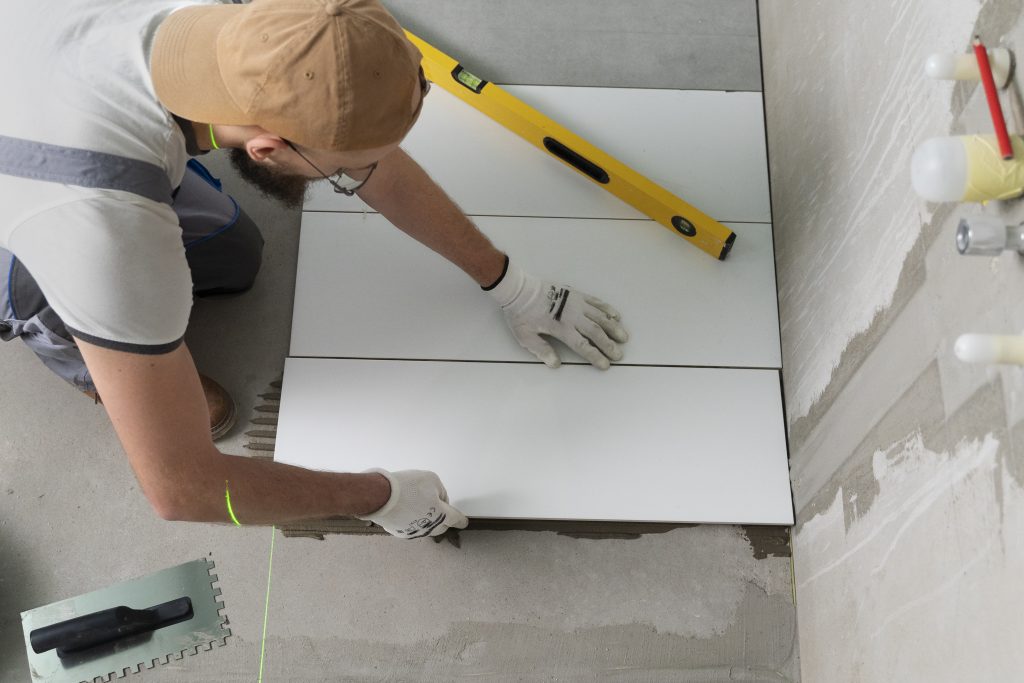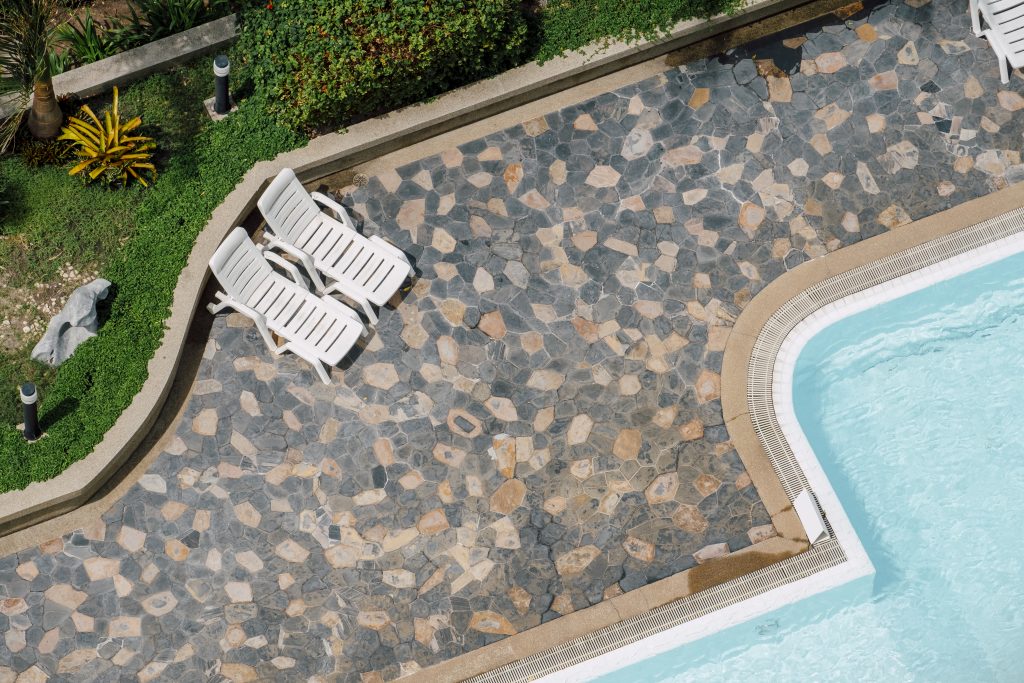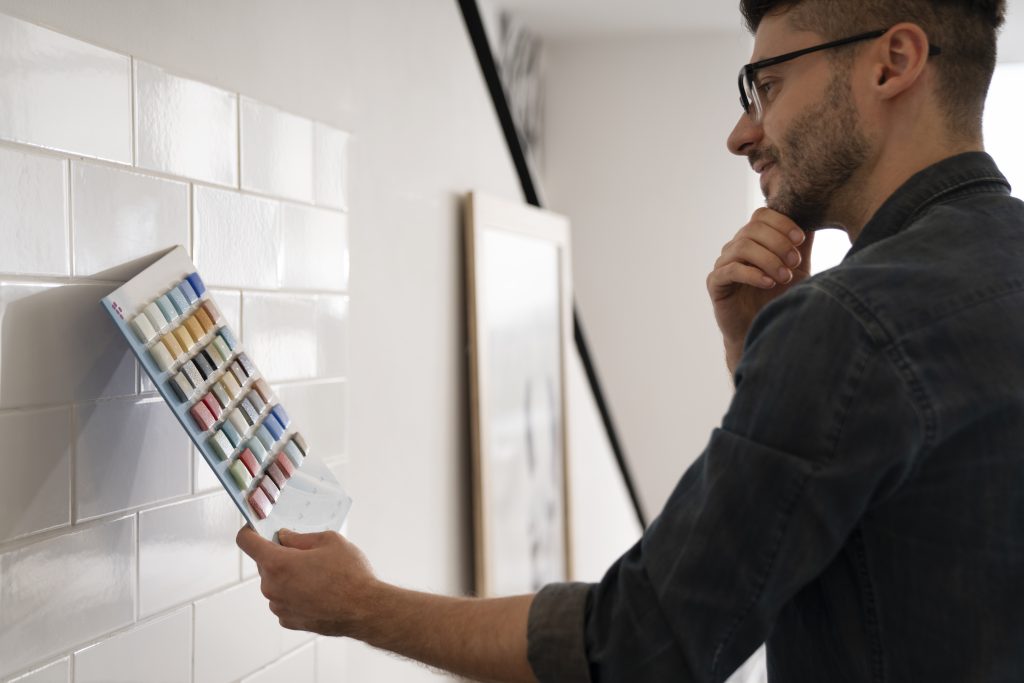Thinking of new tiles for your NSW apartment? This kind of renovation requires careful planning. You must consider strata by-laws, safety standards, and material choices. Every homeowner and strata committee needs to understand the strata flooring approval NSW process. This knowledge ensures your project meets all legal and functional expectations.Getting the right advice leads to better decisions and a great final look.
A good tile shop in Sydney can offer expert guidance. They help you choose the right materials and finishes. They also understand the approval procedures. Good design principles matter too. The correct tile pattern makes your floors both beautiful and practical. Safety is another critical factor, especially in wet areas. Non-slip solutions are essential for balconies, corridors, and around pools.
Understanding NSW Strata Flooring Approval
What does strata approval involve? In NSW, strata schemes need formal approval for most changes. This rule applies to both common areas and your private lot. The NSW strata flooring approval process exists for good reasons. It protects the building’s structure and ensures everyone follows the same rules. It also maintains a consistent look throughout the building.
Strata committees usually provide clear guidelines. These rules cover acceptable materials, finishes, and how to install them. As a homeowner, you must submit a detailed proposal. This document should list your chosen materials and your installation method. This step keeps all parties informed. It also makes sure your renovation meets all necessary standards. Talking to a professional tile shop Sydney makes this much simpler. They can help with the paperwork and product selection.

Close-up of patterned floor tiles in a modern home
How to Get the Green Light
Your first step is simple. Get a copy of your strata scheme’s by-laws. These are the rules everyone agrees to live by. Look for the section on renovations. It will tell you what you can and can’t do.
Next, you will need to write to your strata committee. Your letter should explain what you want to do. Be specific. Tell them the type of tiles you want and how you plan to install them. It helps to assure them you will use a professional licenced tradesperson. This shows you are serious about doing a proper job.
Safety First: Poolside and Shared Areas
Safety is the top priority for certain areas. Pool surrounds and other communal spaces need extra attention. The main goal is to prevent slips and falls, particularly when the surface is wet.
What is the solution? You should always follow expert poolside tile slip tips. A specialist tile shop will recommend textured surfaces, special sealants, or coatings. These features add grip without ruining your design. You can then incorporate these safe tiles into a stylish pattern. This approach gives you a cohesive look and high safety standards.

Non-slip tiles for poolside and shared strata spaces
Design and Layout Integration
The tiles pattern is a major design choice. It affects how you see the space and how people move through it. For a successful renovation, your new floors must match the existing style and colour scheme.
This is another area where professional advice pays off. Consultants at a tile shop can suggest patterns that suit your interior. They will ensure these choices still meet all strata and safety rules. A good pattern can even help define different zones in a room. This creates a more balanced and harmonious living environment.
The Documentation and Approval Process
You must submit detailed plans to get NSW strata flooring approval. Your application should include floor plans, technical specs for the tiles, and your installation method. You also need to show evidence of safety compliance. This process verifies that your project meets building codes and strata by-laws.
Working with a tile shop streamlines this stage. They can supply technical specifications, compliance certificates, and smart layout ideas. Including a well-planned tile pattern and specifying non-slip finishes will help your application. It shows you care about both looks and rules.
Best Practices for Installation
A high-quality installation is fundamental to achieving a compliant, durable, and visually appealing tiled floor. This outcome depends on several critical factors. Proper substrate preparation is the essential first step. The selection of appropriate adhesives and grouts is equally important for performance and longevity. A consistent tile layout enhances the aesthetic result and also mitigates potential future issues.
Engaging a professional installer is strongly advised. Experts guarantee that the final installation fulfils all necessary structural, safety, and design standards. In communal areas like poolsides, strict adherence to safety regulations is absolutely essential. Incorporating non-slip surfaces and following specific safety protocols significantly reduces hazards. This proactive approach greatly enhances user safety and satisfaction.
Balancing Cost and Value
You must plan your budget carefully. It should cover materials, labour, compliance paperwork, and future maintenance. Investing in high-quality materials and professional work is wise. It guarantees your floors meet all NSW strata approval requirements and will last for years.
Consulting a tile shop in Sydney gives you realistic cost estimates. They offer good value options. Your chosen tile pattern can also help optimise material use and reduce waste. Planning for non-slip solutions from the start prevents unexpected costs later. This careful approach ensures long-term satisfaction.

Professional tile installation in NSW apartments
Conclusion
A flooring renovation in an NSW apartment involves several important steps. You must navigate regulatory requirements, choose the right materials, and plan the design. Securing NSW strata flooring approval is the first step to a compliant project. Getting help from a professional tile shop in Sydney makes everything easier.
Selecting a suitable tile pattern boosts visual appeal and defines spaces. Adding non-slip features in wet areas keeps everyone safe. By considering all these factors, you can achieve a fantastic result. You will have durable, safe, and visually appealing floors that follow all the rules.
Frequently Asked Questions
Why is NSW strata flooring approval necessary?
This approval process ensures your renovation is legal, safe, and does not harm the building’s structure.
How can a tile shop in Sydney help?
They provide expert advice on materials, patterns, slip resistance, and the paperwork needed for compliance.
Why does the tile pattern matter?
The pattern influences the room’s look and feel. It helps create a cohesive design and can make spaces appear larger.
How do poolside safety tips help?
They guide you to choose textures and finishes that provide grip in wet conditions, greatly reducing the risk of accidents.
What are the key steps for a compliant installation?
You must select approved materials, get strata permission, use professional installers, and follow a good maintenance plan.

